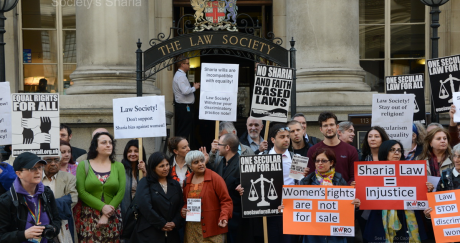
In Islam, the concept of divorce is governed by a series of guidelines that maintain fairness and respect for both parties involved. One of the key elements in the Islamic divorce system is khula, a process through which a woman can initiate a divorce. The Fatwa Commission, an esteemed body of Khula Islamic Fatwa in UK , plays a pivotal role in providing clarity and guidance on issues related to khula and other aspects of Islamic law.
What is Khula in Islam?
Khula is a form of divorce in Islamic law that allows a woman to initiate the dissolution of her marriage. Unlike the traditional divorce where a man holds the right to pronounce divorce (talaq), khula empowers a woman to seek separation from her husband. This process is essential in ensuring that women are not trapped in unhealthy marriages and that they have the right to seek release if they feel their marriage is irreparable.
In a khula, the woman typically has to return the mahr (dowry) or any gifts received during the marriage, as compensation for the divorce. This act signifies the woman’s willingness to end the marital contract. However, the process is not always straightforward, and there may be legal and social complexities that need careful handling.
The Role of the Fatwa Commission in Khula
The Fatwa Commission plays a crucial role in addressing the intricacies of Islamic divorce, particularly khula. The commission, consisting of a panel of scholars, provides fatwas (Islamic rulings) on various matters, including khula, to ensure the proper application of Islamic law in contemporary society.
The Fatwa Commission’s rulings serve as a guiding framework for Muslims seeking clarification on matters related to marriage and divorce. In the case of khula, a fatwa from the commission offers an authoritative interpretation of how the process should be carried out, making it easier for both men and women to understand their rights and responsibilities.
Khula Islam Fatwa: Why is it Important?
The khula Islam fatwa provides clarity on the conditions under which a woman can request khula and the legal and religious aspects involved in the process. This fatwa addresses questions such as:
The circumstances under which a woman can request khula.
The rights of both parties in the dissolution of the marriage.
The financial obligations of the husband and wife, especially concerning the return of the mahr.
The social and religious consequences of khula in the context of Islamic law.
By providing such guidance, the Fatwa Commission ensures that all individuals involved in the process are well-informed about their rights, preventing any potential misuse or misunderstanding of the practice of khula.
Conclusion
Khula Islam Fatwa UK is an essential part of Islamic divorce law, granting women the right to seek a divorce when necessary. The Fatwa Commission’s role in issuing clear fatwas on khula helps Muslims navigate this complex process. Through their guidance, individuals can better understand their rights and responsibilities in the context of Islamic law, ensuring justice and fairness in all matters of divorce.
Whether you are a woman considering khula or seeking further clarification, the Fatwa Commission’s insights into khula Islam fatwa provide a trusted and valuable resource for upholding the principles of Islamic justice and fairness.




Leave a Reply